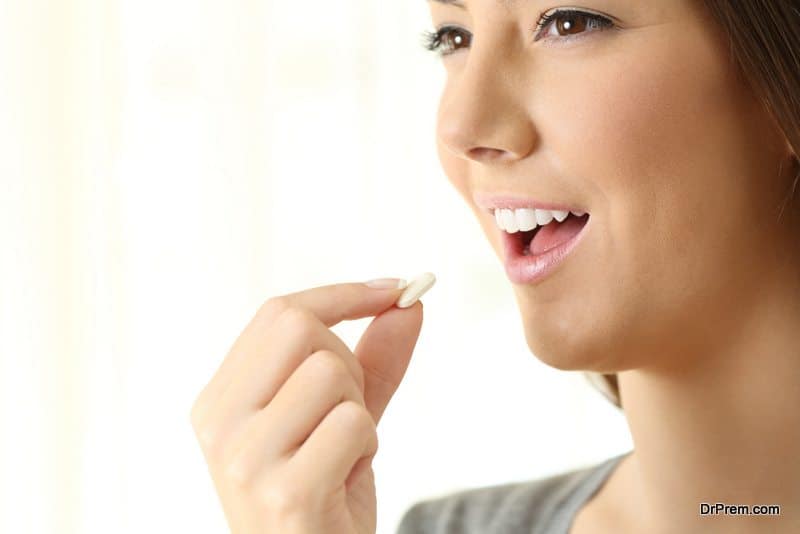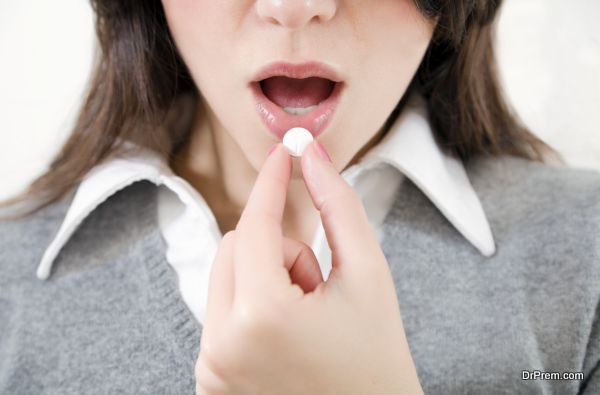Anything in excess is bad; this old proverb is guidance for doing everything in moderation. It practically asks us to live a balanced life, by being attentive to each and every aspect of our life. Similarly, a recent study performed by scientists has investigated that iron supplements may cause cancer if consumed in excess quantity.
Background

Colon cancer is the most widely predominant form of cancer, especially in the western countries. As per the statistical analysis and a report presented by Centre of Disease Control, Atlanta almost 1, 40,000 people have been reported to be diagnosed with colon cancer only in the United States.
Scientists have discovered several factors to be responsible for the development of cancer, including environmental parameters, genetic make-up, lifestyles, etc. Studies have further evaluated that development of cancer could be due to any of these or may be due to combined effects. More research in this regard has obtained increasing evidence that is decoding the link between the iron supplement and cancer.
How is iron functioning in our body?

Storage– Normally, 70% of the iron that is being consumed by the mammals is converted into hemoglobin and almost about 5-10% is present in myoglobin. Studies have further confirmed that apart from complex ferrous form i.e. Fe+2; almost 25% of it is being stored in different vital organs of the body, like liver, spleen and bone marrow in the ferric (Fe+3) form. Apparently, these ferric ions are also used in iron-containing enzymes like peroxidase, catalase, and Cytochrome C.
It has been observed that people, who don’t get enough iron or heme in their diet, are at an increased risk of iron deficiency. Contrary to which, those who are loading iron in excess are susceptible to iron toxicosis, and eventually, are being placed into higher health risk of iron supplements.
Iron Toxicity and Clinical Portfolio

- Unusually severe vomiting
- Unexplained diarrhea
- Abdominal pain
- Dehydration and lethargy, if left untreated for a longer period of time
- Occasional bloody stool and/or bloody vomiting
Research has indicated multiple gastrointestinal manifestations including vomiting, hemorrhagic diarrhea as some of the key indicators of acute iron toxicity. Children, who are conscious and not vomiting have most likely not ingested iron as compared to their adult counterparts who will express clear indications of iron overload.
Many clinical, as well as preclinical investigations have been performed to evaluate whether the iron supplement may cause cancer. Studies have further tried to estimate the possibility of colon cancer due to iron supplement, in case if consumed unrealistically high concentration of iron tablets.
In this regard, several investigations from the past decade or two have tried decoding the link between the iron supplement and cancer, by confirming its ability to support abnormal or neoplastic cell growth. Iron is further confirmed to be carcinogenic as it promotes the production of free hydroxyl radicals, suppresses the activity of host defense cells and facilitates the multiplication of cancerous cells to an unlimited extent.
It has been confirmed that tumor development is associated with some parts of the body, where excessive iron deposits are observed. Scientists could further propose that these parts of the body can retain iron deposits from cancer cells in the form of ferritin. The ferritin is identified to be a protein, responsible for iron storage and its slow release in the body. Thus, ferritin acts a buffering system in humans protecting us from both iron deficiency as well as iron overload.
It should be understood that studies confirming that iron supplement may cause cancer, have been carried out on in vitro cancerous cell lines, as direct applications on a human would have created ethical hassles. However, clinical analysis of about 10,000 patients have been screened, wherein it was observed that some men who had significantly excess levels of transferrin saturation are at a greater risk of colon cancer due to iron development.
Women are at a greater risk than men
Much of the iron that is being needed by our body can be obtained through balanced dietary intake such as, meat, fish, vegetables, fruits and whole grains. As per NHS, an average man needs about 8.7 mg of iron each day. However, in certain medical conditions like pregnancy, accidental loss of blood, anemia as well as patients with chronic kidney diseases; the requirement of iron increases as the body demands for high doses of free iron for further binding of phosphates into the bloodstream. This increased requirement is being fulfilled naturally by the body by better absorption and storage of required iron. Thus, women who are relying on iron supplements when they are not deficient for it are more likely to increase iron toxicity from the body.
However, it is advisable to find healthy alternatives to iron supplements, since the research has just tried decoding the link between the iron supplement and cancer. In this regard, below ways can help you boost your iron levels, without risking you to the health risk of iron supplements.
Iron Rich Foods

Avoid Iron Inhibitors
It is identified that certain food supplements can inhibit absorption of iron, forcing you to indulge iron supplements. So, if you are trying to avoid iron supplement, as an iron supplement may cause cancer; you should always avoid drinking tea as well as coffee. Studies have investigated that both coffee and tea contains tannin that is responsible for iron inhibition. Moreover, an oxalic acid found in many vegetables, such as spinach, chard, rhubarb etc. can readily bind to iron, thus blocking it from further absorption. Similarly, soy products when being consumed along with iron-rich food can inhibit iron absorption to a significant extent.






